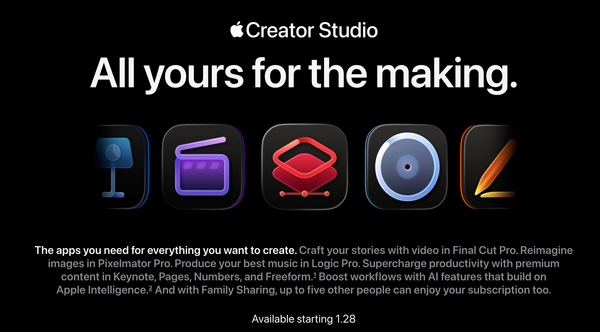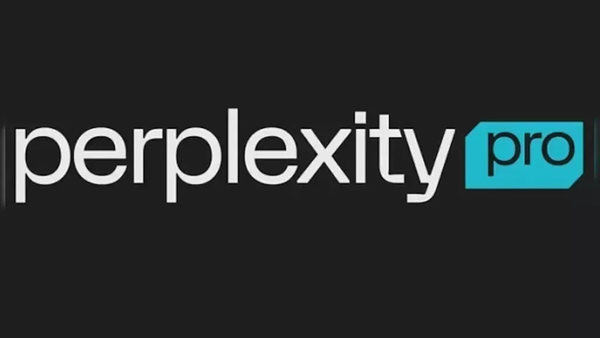You Don’t Trust Yourself
Why does success feel like something you need permission to believe?

You’ve done the routines.
You’ve read the books, listened to the podcasts, and followed the systems.
You’ve optimized, tracked, reflected, and improved.
You stuck to the plan.
And yet — something’s off.
That hesitation before deciding.
That silence after success.
That urge to trade your instincts for someone else’s certainty.
You’d never admit it.
But you feel it.
And it’s steering everything.
Trust.
Part I — The Illusion of Discipline
You wake up early. You drink the water. You meditate.
You journal, plan, and execute.
Everything has its place.
Everything accounted for.
Every system is fine-tuned to keep chaos out.
You tell yourself this is what it takes — structure, control, optimization.
This is the path forward.
Stick to it long enough and it’ll all pay off. That’s what they say.
You remember how it felt without the systems.
Aimless. Fragile. Uncertain.
This became your way back. Your way in.
Without it, you never stood a chance. Right?
And if things ever go wrong…
That’s fine. You’ll just stick to the plan and make some adjustments here and there.
You just have to keep on going.
Part II — Proof over Instinct
It started small.
You made a few adjustments; nothing drastic at first.
You noticed certain choices led to better results, so you leaned into them. You removed what didn’t work, reshaped what could, and repeated what got traction. It felt strategic. Efficient. Like you were learning.
Eventually, the feedback loop became the point.
You stopped asking if something felt right and started asking if it would work. Performance replaced conviction. Metrics replaced intuition.
And the logic was sound on the surface.
The numbers don’t lie.
They gave you something solid to hold onto, something clear to track. But clarity has a cost.
They didn’t tell you how much of yourself you were sanding down in the process.
They didn’t measure conviction or clarity or any of the intangible things that actually made it yours to begin with.
By the time you started to question it, your sense of direction had already been outsourced.
The results were still coming in.
The metrics looked solid.
The system was dialed in.
So now it’s just a matter of time, isn’t it?
This is just what it takes — trading pieces of yourself to get closer to what YOU want.
You’ve come this far. You’ve done it right.
So it has to lead somewhere.
Eventually.
Part III: The Success Flinch
You did it.
The plan worked.
After all the effort, all the requirements, the sacrifices, and the waiting, it all finally paid off in the end.
There it was. The kind of result you could point to.
Not just a flicker of momentum, but real progress. Something you could show for the hours, the structure, the compromise.
It felt earned. Deserved, even.
There was pride in the outcome; no loud or performative, but present.
For a moment, you allowed yourself to believe that this was what it looked like to arrive.
It wasn’t everything, of course. But it was enough.
Enough to feel like the direction was right.
Enough to believe you’d found a formula that worked.
You didn’t overthink it at first. You stuck to the strategy after all.
You doubled down on what delivered results. The numbers didn’t lie.
The routine, the tweaks, the restrain, it all led here. That had to mean something.
And yet, as the high settled, something shifted.
You look at the outcome and see how precise everything had to be.
How many moving parts lined up just right.
How delicate it all felt, even after the win.
Not to mention, it was no easy feat.
There was a quiet tension in the aftermath.
A hesitation to take credit.
A reluctance to believe it was truly yours.
Maybe it was the system. Maybe the timing. Maybe you just got lucky.
Whatever it was, it worked — so the answer was simple.
Run it back. Trust the plan. Make the next result even cleaner.
If it requires giving up a little more next time, that’s fine too, you’ll just have to make sure it wasn’t as much.
You’re already on your way.
Part IV: The Inverted Blame Game
When you start breaking it down.
What worked. What could’ve gone better?
Where the plan held. Where luck stepped in.
It’s what you’re supposed to do — reflect, analyze, improve.
So you do.
The system held up for the most part.
There were a few close calls, but it pulled through when it mattered.
You followed it closely, and it carried you across.
Looking back, it’s hard to say whether you’d have managed without it.
Sure, you showed up. You gave effort.
But how much of the outcome came from that, and how much came from everything else aligning just right?
The window was open, and you moved fast enough to get through it.
That’s something.
Still, the result wasn’t exactly what you imagined.
You got there, yes — but not with the confidence or force you envisioned when you started.
Not with the clarity you expected.
The finish felt more like another beginning rather than a closing chapter.
You tell yourself the next time will be better.
Stronger effort, fewer dependencies.
This one just wasn’t quite it.
You’re proud, of course.
But just not in the way you thought you’d be.
Part V: The Cost of Disbelief
You’d think it would get easier after a win.
That momentum would take over.
That you’d move forward without second-guessing every step.
But progress doesn’t erase hesitation.
Instead, you start to wonder what you actually gained.
There’s always a new plan to draft, a new variable to control, another round of analysis before you claim the new outcome.
The satisfaction you expected never quite lands.
There’s a brief sense of relief, maybe even pride, but it always passes.
It’s replaced by the same old questions: was it enough, did it matter, will you ever really feel it?
So you start again, a little more cautious.
A little more convinced that next time you’ll get it right, if you just optimize a bit more, control a bit tighter wait for the right sign.
You move forward, but not freely.
You build, but never fully inhabit what you’ve made.
If you’re honest yourself, the only thing left unfinished is the trust you keep putting off for later.



